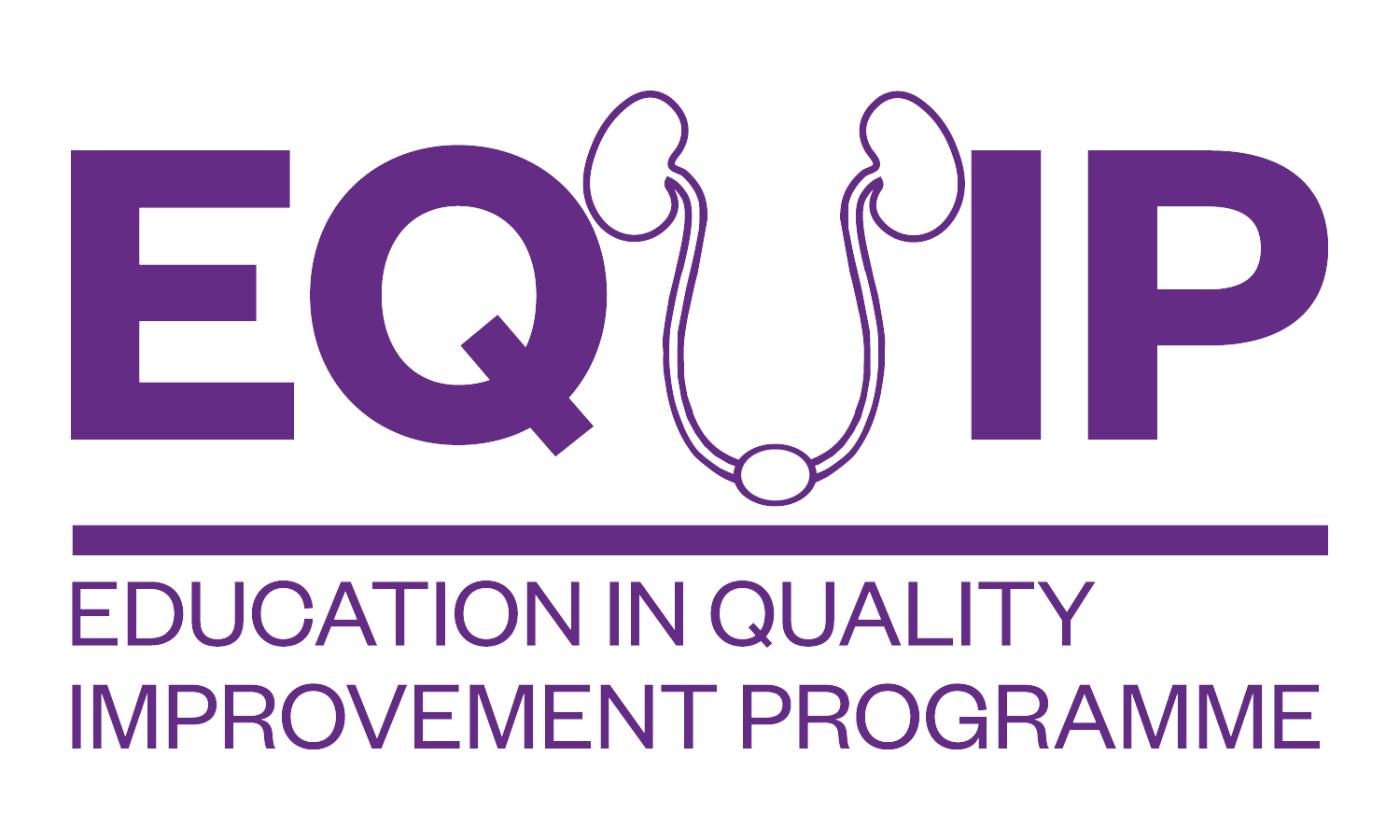Quality Improvement: Key to a Better Service

Quality Improvement (QI) is a process through which a urology department, or any hospital department, can look at the service they provide, identify areas for improvement, and then act on those areas through a structured process so that their service can improve.
 EQUIP
EQUIP
The Education in Quality Improvement Programme (EQUIP) in Urology began in 2017 and is key to making quality improvement (QI) happen.
It has been funded by The Urology Foundation and is managed by Professor James Green, Consultant Urologist at Barts Health NHS Trust, and Professor Nick Sevdalis from King’s College London. Other members of the EQUIP team include Dr Zarnie Khadjesari, a Senior Lecturer in Health Promotion and a steering group that consists of nurses, patients, experts in urology and educational leads. EQUIP also had tremendous support from research assistants, the most recent researcher being Ms Zuhur Balayah.
EQUIP's aim is to produce a syllabus for urology trainees to learn the principles of QI, so they can begin to change services that need to be improved. As well as this, they is a need to train Consultant Urologists in QI so that they can support trainees and other team members to implement QI projects.
By improving services for patients, it is hoped that QI will also empower trainees to bring about changes in their work.
The EQUIP team are looking to store information on successfully-run QI projects centrally. By accessing that information store, any hospital can see what other hospitals are doing to improve their service. The potential to save time and money is huge – and it will allow trainees to collaborate and learn from each other.
Patient involvement
In future, patients will be able to get more involved in QI by drawing attention to problems they may have experienced in their care, and suggesting improvements. The urology staff will be able to decide if the problem is a one-off event or a pattern that requires improvement: they can then develop a plan to solve the problem with the patient’s input.
Hope for the future ... ?
QI might not be a "miracle" cure, but it could be a solution to many of the problems and frustrations that are facing urology patients in this country. It could revolutionise urological practice but, most importantly, it could dramatically improve life for urology patients.